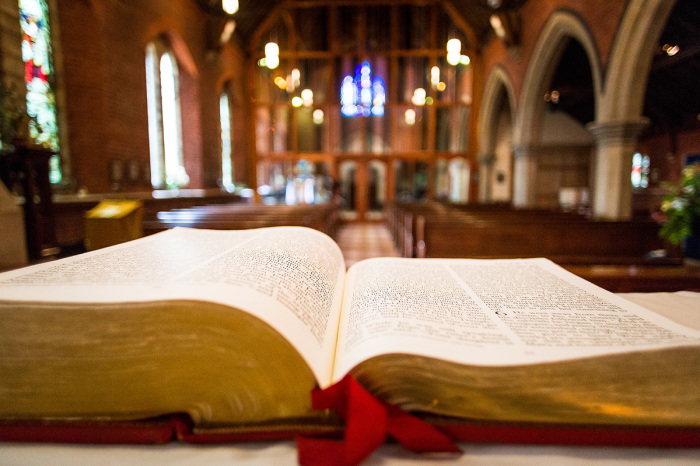Texas pastor shares why he avoids preaching about Mother’s Day

While many clergy in the United States will be preaching sermons in celebration of Mother’s Day, one pastor in Texas avoids doing so in consideration of those for whom the day brings sadness and heartache.
The Rev. Jeff Hall, the pastor at Cochran Chapel United Methodist Church in Dallas, decided that a sermon centered on mothers for the Mother’s Day holiday was not a good idea.
In an interview with The Christian Post, Hall explained that while he had a good mother and appreciates all that mothers do for their children, he's had a longstanding objection to doing a Mother’s Day sermon.
“Earlier in my career, it would have been easy to say my reasons were theological. Mother's Day is a part of our American civil religious calendar but not the official liturgical calendar,” explained Hall, who has been preaching sermons for around 20 years.
“However, now I would say my reasoning is more pastoral. I was blessed with a tremendous mother, but the sad reality is that for many, the memory of their mother is more complex. Maternal abuse, estrangement or distance can make Mother's Day particularly difficult.”
Hall said he was “also aware of how women, like my wife, who struggle with infertility or those who haven't found a life partner might find sitting in the pews on Mother's Day a painful experience.”
According to a 2012 survey of 1,000 Protestant pastors by Lifeway Resources, Mother’s Day is the Sunday that features the third highest church attendance, behind Easter Sunday and Christmas Eve.
Hall, who also avoids Father’s Day sermons for similar reasons, told CP that other congregational leaders should decide for themselves whether to follow his lead.
“I think that other churches, their clergy and worship leaders, should follow the leading of the Holy Spirit when it comes to days like this,” he continued. “I will, no doubt, acknowledge Mother’s Day in the worship service in the announcements and prayers of the people. It just won’t be the subject of my sermon.”
“In my own experience, far more people have thanked me for not preaching a Mother’s Day sermon than have complained about it.”
Mother’s Day was first celebrated as a local event in 1908 at Andrews Methodist Episcopal Church of Grafton, West Virginia. It quickly became a national holiday by 1914.
Anna Jarvis, the woman behind the observance who never had any children of her own, eventually came to oppose the holiday, believing that it had become too commercialized.
Jarvis ended up destitute, partly due to personally funding multiple unsuccessful lawsuits against companies that engaged in business promotions referencing Mother's Day.
Earlier this month, CP reported on how many major companies were giving customers the option to opt out of Mother’s Day promotional emails, acknowledging how some find it and Father’s Day to be a “sensitive” or even “triggering” time.
Critics of the effort included popular Twitter account holder Courtney Lynne, who tweeted that the opt-out option by the companies “is everything you need to know about modern-day society.”
“We are slowly eliminating the role of woman & the family unit. This is why the world is such an unhappy place. The world needs the nurturing nature of women. People need their mothers,” Lynne tweeted.
“Nothing wrong with feminine energy. Embrace it, do not run from it. Society needs it more than ever.”




























